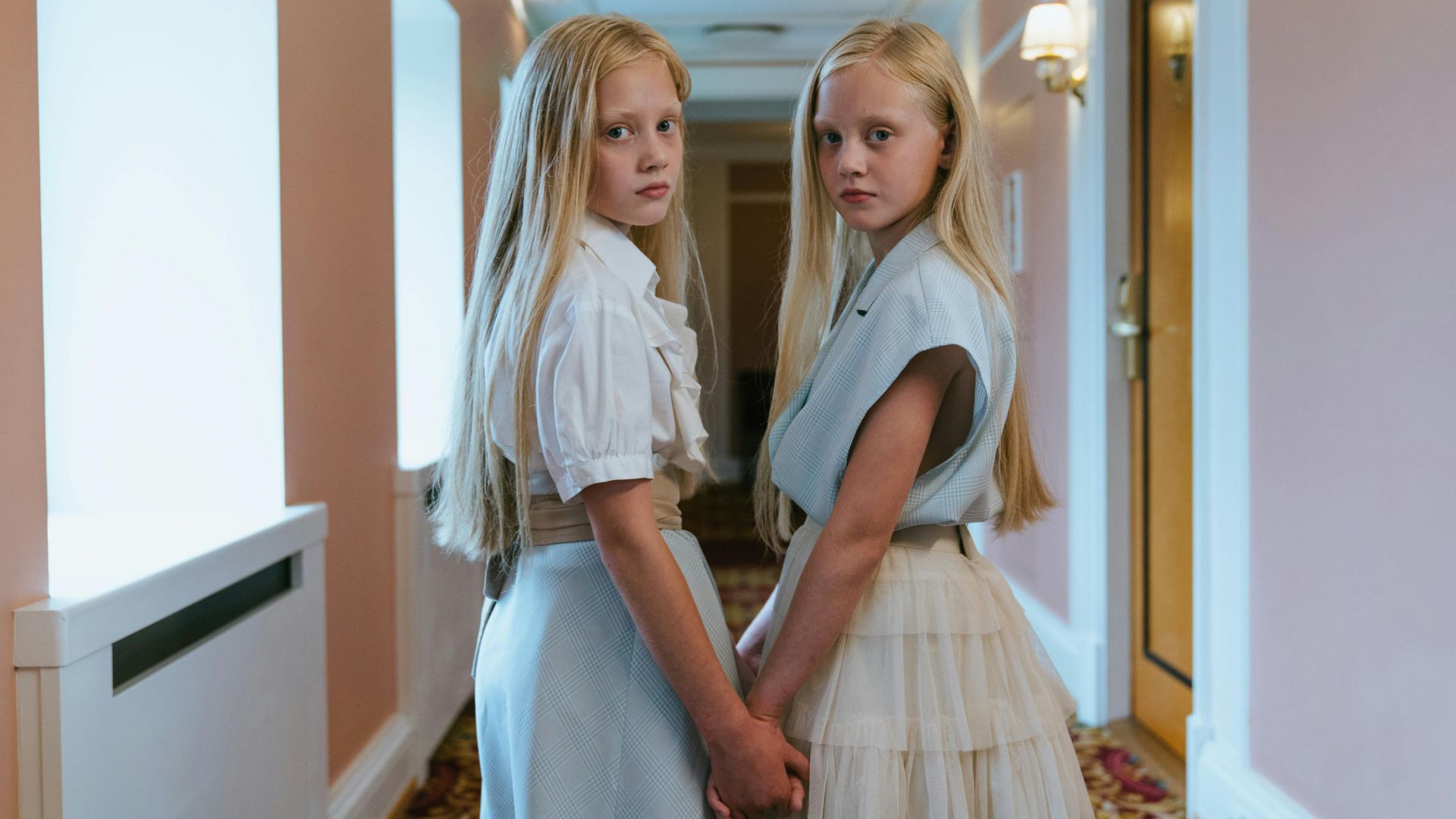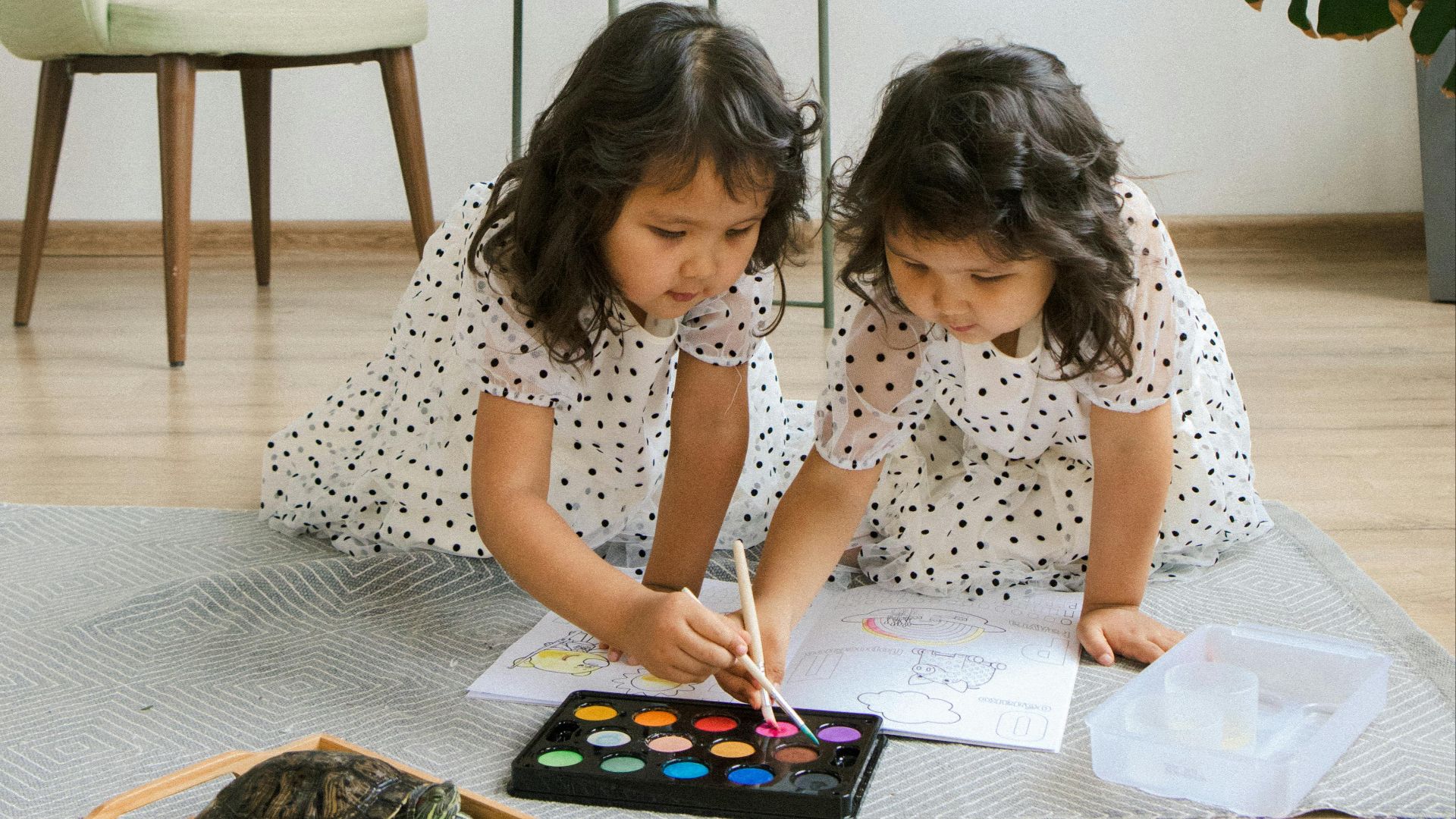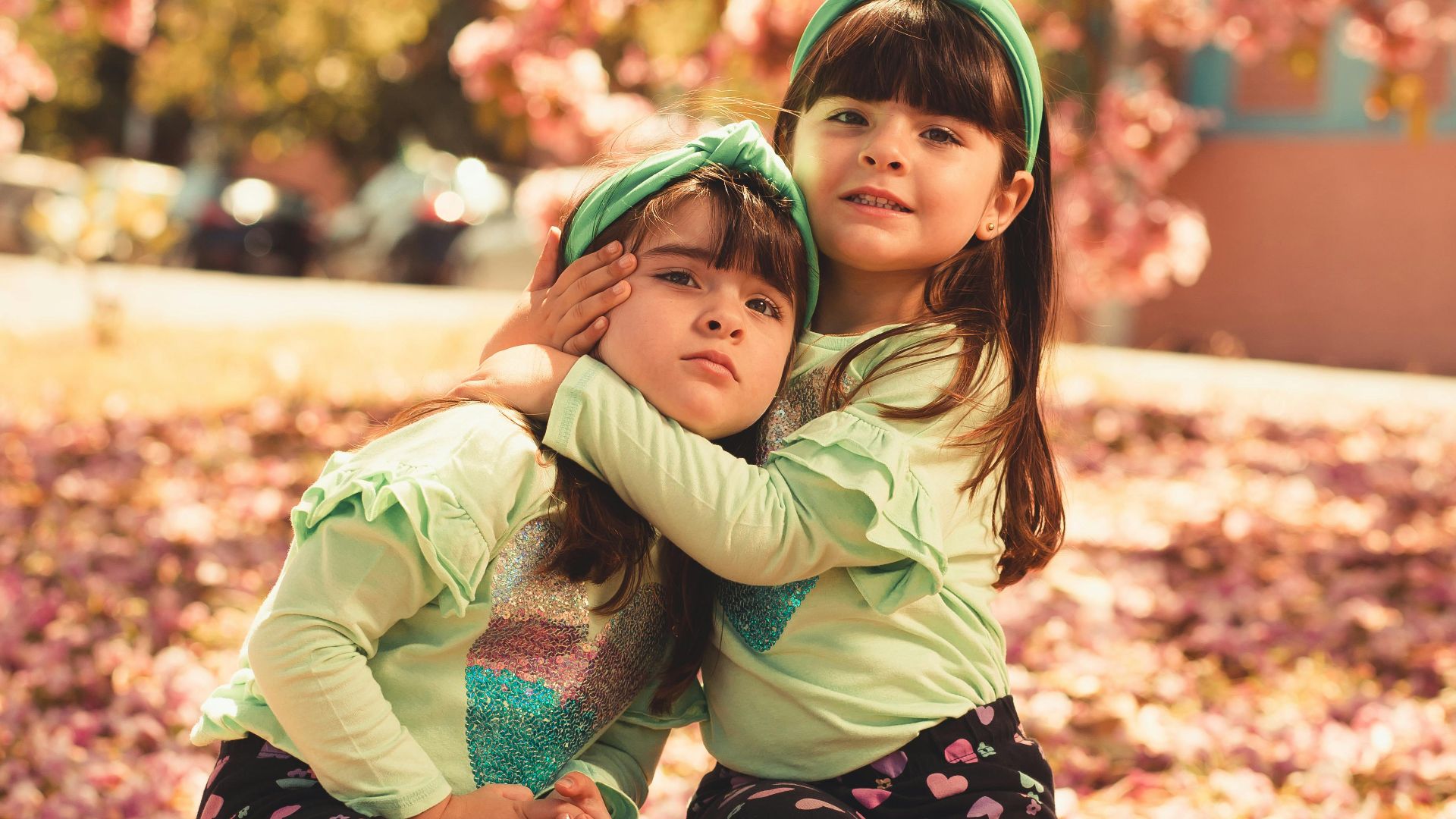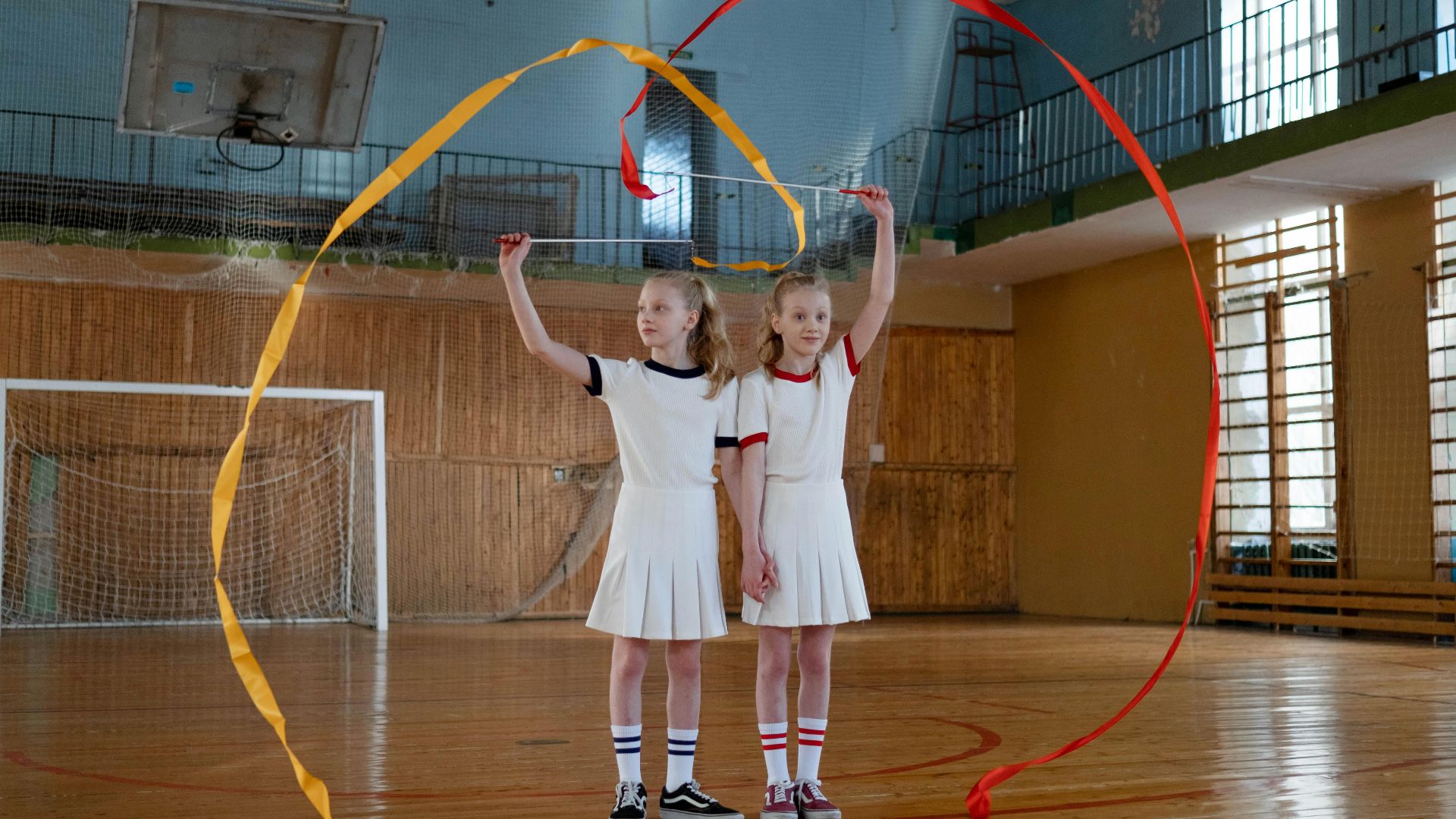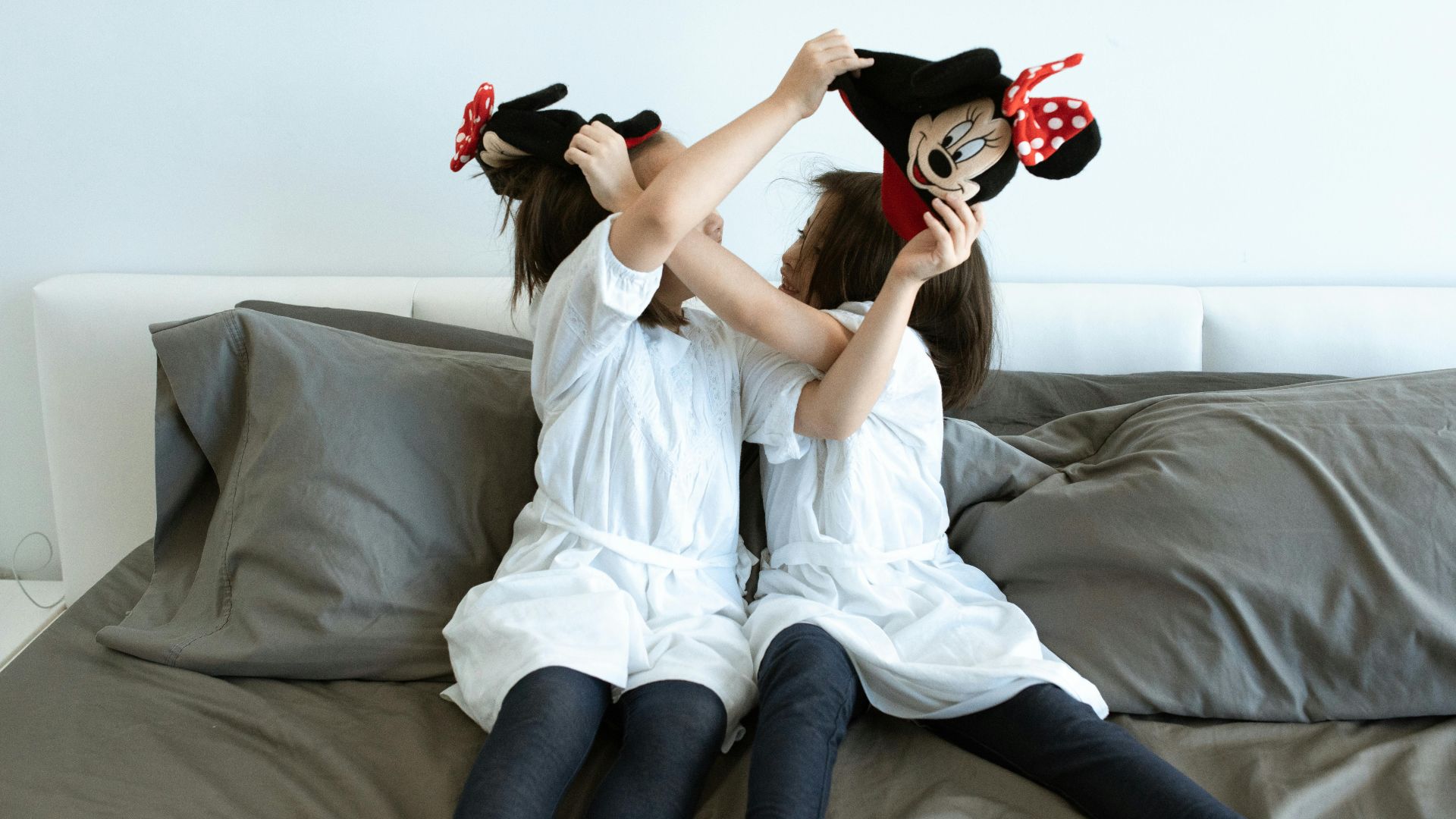Two Peas, One Pod
Double the trouble or double the fun? The twin experience isn't black and white. The same bond that provides unmatched support can sometimes feel like an invisible chain. It’s a relationship defined by extremes—comfort and confinement, unity and unrest. This list begins with the part no one glamorizes: the reasons being a twin can really suck.
1. Constant Comparisons
Ever had someone eyeball you and your sibling, then declare who's "the smart one" or "the pretty one"? Twins face this judgment game daily. These side-by-side evaluations don't just hurt feelings but create artificial competition. The psychological impact runs deeper than most realize.
2. Identity Struggles
"Who am I outside of us?" becomes the question that haunts many twins into adulthood. The twinship experience develops unique identity formation challenges that singletons never face. Many twins find themselves deliberately choosing drastically different appearances or even moving to different cities.
3. Privacy Challenges
What many don't realize is the emotional privacy twins often lack. These individuals typically spend thousands more hours in direct company with a sibling than non-twins during their first 18 years. Privacy isn't just about physical space, though shared bedrooms are common for twins.
4. Birthday Spotlight Sharing
Developmental psychologists point to birthday celebrations as critical identity-forming rituals where children feel valued. Yet for twins, this spotlight is always shared. Many twins describe the strange contradiction of wanting to celebrate together while simultaneously craving individual recognition on that one day.
5. Mix-ups And Mistaken Identity
Several twins also report experiencing what could be called "identity negation" when repeatedly misidentified. This chronic mix-up situation isn't just annoying. It undermines your sense of being seen as yourself. Our brains naturally categorize similar features, making even non-identical twins subject to mix-ups.
6. Lower Average IQ In Childhood
Studies by PubMed confirm that twins, on average, score slightly lower on IQ tests in childhood compared to singletons. The difference is generally about 4–5 IQ points, or roughly one-third of a standard deviation. This gap has been observed across various countries and birth cohorts.
7. Separation Anxiety
These individuals are particularly susceptible to separation anxiety because of their bond and the extensive time spent together from birth. This can make separation challenging in school, social settings, or adulthood. Twins may experience heightened emotional distress and pronounced loneliness when apart.
8. Difficulty Establishing Independence
Many parents unconsciously reinforce codependence by treating twins as a unit rather than individuals. The "twin" label often becomes a primary identity marker that overshadows personal traits and preferences. The social assumption that twins should do everything jointly makes this difficult.
9. Social Package Deal
The real psychological impact of the "package deal" phenomenon comes from the subtle othering that occurs in social settings. Twins tend to feel like novelties rather than individuals when introduced to new people. Many describe the awkward dynamic of being invited somewhere primarily only because they're twins.
 Dhan Photographer Gisenyi on Pexels
Dhan Photographer Gisenyi on Pexels
10. Academic Expectations
Teachers and parents unconsciously expect similar performance, creating pressure from multiple angles. Despite educational recommendations, twins are frequently placed in the same classroom throughout early education, intensifying comparisons. This creates a no-win situation where differences are pathologized while similarities are taken for granted.
Still, the twin experience isn’t defined by downsides alone. There’s a whole other side—one that proves being a duo can be pretty extraordinary. So, let’s acknowledge what makes it all worth it.
1. Best Friend Forever
Having a twin means never truly experiencing loneliness during those formative years. From the very beginning, you're blessed with a companion who is of the same age as you. This lifelong friendship provides a foundation of security that helps twins develop confidence in forming other relationships.
2. Stronger Bond Due To DNA
Identical twins share a uniquely strong bond largely because they originate from one fertilized egg that splits, resulting in nearly identical DNA. This genetic identity, combined with growing up in the same environment, brings about an intense psychological closeness.
3. Never Alone In New Situations
First days can be terrifying, whether it's kindergarten, high school, or college. But the comfort of having your twin beside you during these transitions provides an emotional safety net that singleton children don't experience. Their anxiety is reduced during major life changes.
4. Twin Telepathy
Though usually dismissed as a coincidence by skeptics, twins consistently describe experiences of simultaneous thoughts, matching clothing choices without coordination, or sensing when their twin is in distress. Whether it's explainable by shared genetics or something more mysterious, twin connections often defy conventional explanations.
5. Efficiency In Childhood Milestones
Twins often interact closely, and behavioral experts note that one twin observing the other mastering a skill (like using the potty) can motivate the other to try as well. Sibling rivalry or imitation can sometimes accelerate milestone achievement for one or both twins.
6. Twin Pranks
The lighthearted side of twinship gives memories that last a lifetime. The classic twin switch might seem cliché, but many of them admit trying it at least once. These include fooling teachers, dates, or even parents. These playful deceptions strengthen bonds through inside jokes.
7. Shared Friend Groups
The social advantage of twinship can create wider friendship circles than most children experience. Twins automatically double their social connections by combining friend groups. Many describe how they've helped introduce shy siblings to new friends or offered relationship advice based on their observations.
8. Borrowing Clothes
Identical twins tend to swap clothes, which makes life easier by giving them more style options and cutting down on time spent shopping and getting dressed. Plus, their parents usually find that it cuts down on the number of outfits they need to buy.
9. Special Twin Bond Recognition
People are naturally curious about twins, which creates instant conversation starters in social settings. This attention can make twins feel special and memorable in positive ways. Many find that their twin status helps them stand out in professional settings where being remembered is an advantage.
10. Longer Life And Health Benefits
Multiple large-scale studies like Plos One demonstrate that twins, especially identical (monozygotic) twins, enjoy a notable survival advantage. They may also experience better health outcomes compared to both fraternal (dizygotic) twins and the general population. The longevity boost is mostly strong for male identical twins.







